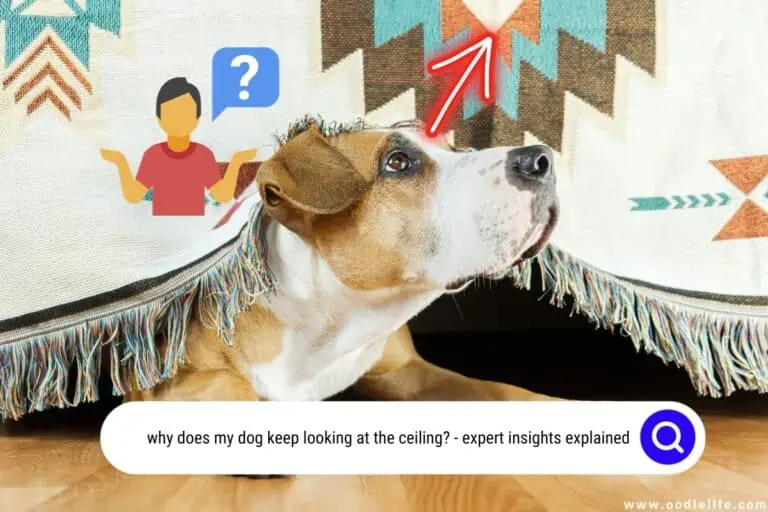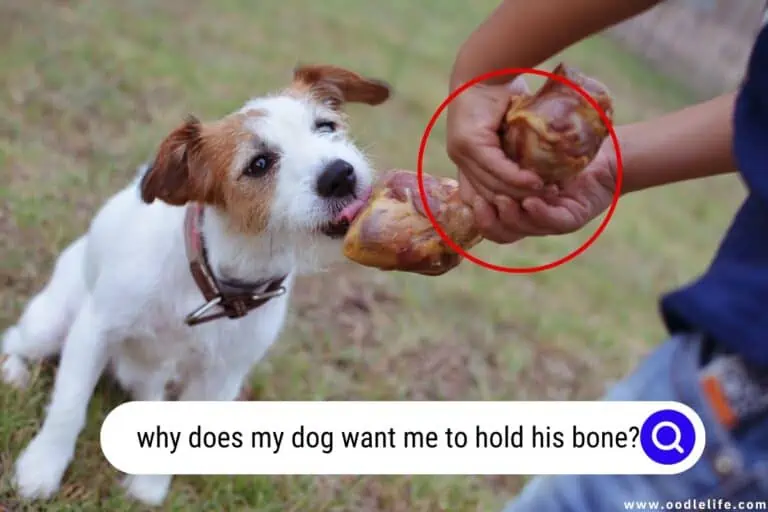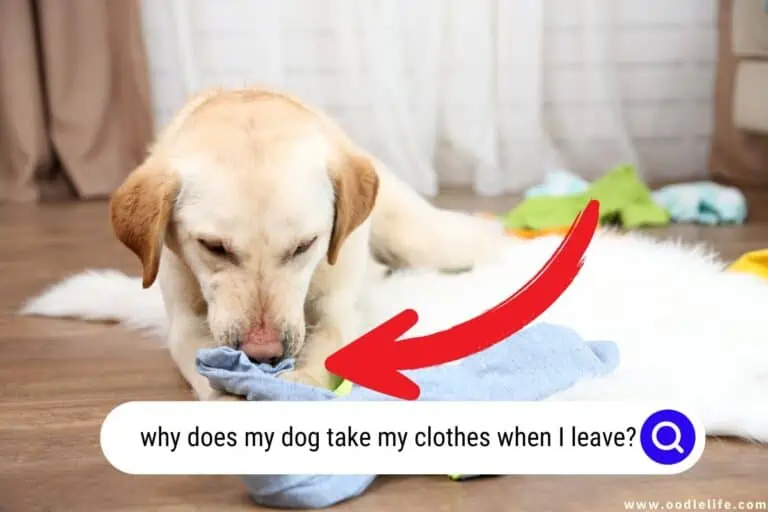How to Get a Dog to Sleep? [20 Strategies]
Getting your dog to sleep soundly and comfortably is vital for their overall health and well-being. As a responsible pet owner, you might have encountered situations where your furry companion struggles to settle down. I get asked about bedtime chaos often as a dog expert. Luckily there are several strategies you can put into practice…
![How to Get a Dog to Sleep? [20 Strategies]](https://www.oodlelife.com/wp-content/uploads/2023/10/how-to-get-a-dog-to-sleep-768x512.webp)
![Why Do Dogs Like Shoes so Much? [Explained]](https://www.oodlelife.com/wp-content/uploads/2023/04/why-do-dogs-like-shoes-768x512.webp)
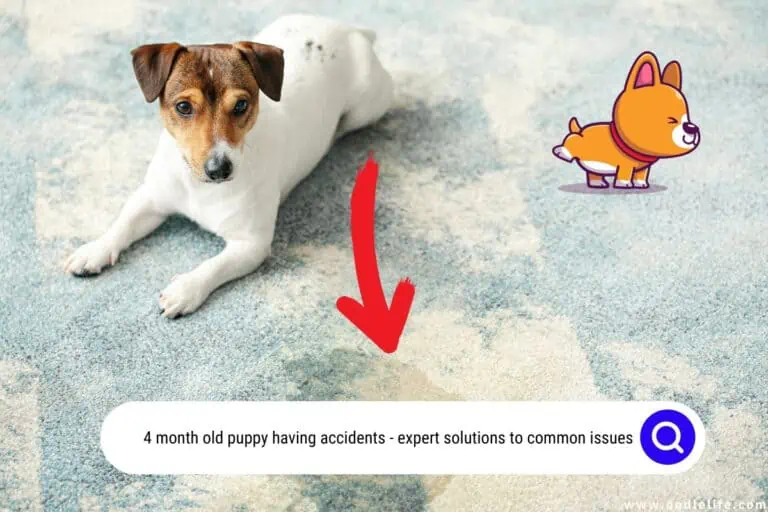
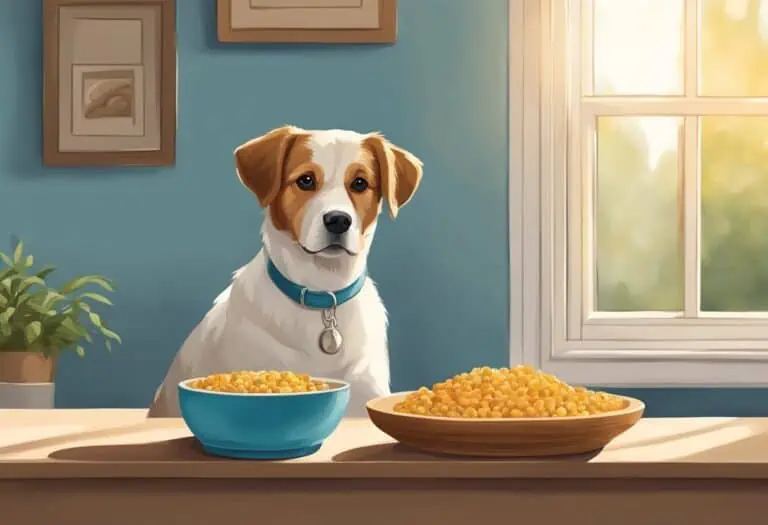
![Why Does My Dog Lean on Me With His Backside? [Behavior Decoded]](https://www.oodlelife.com/wp-content/uploads/2023/10/why-does-my-dog-lean-on-me-with-his-backside-768x512.webp)
![Why Does My Dog Sit Under My Chair? [7 Weird Reasons]](https://www.oodlelife.com/wp-content/uploads/2023/09/why-does-my-dog-sit-under-my-chair-768x512.webp)
